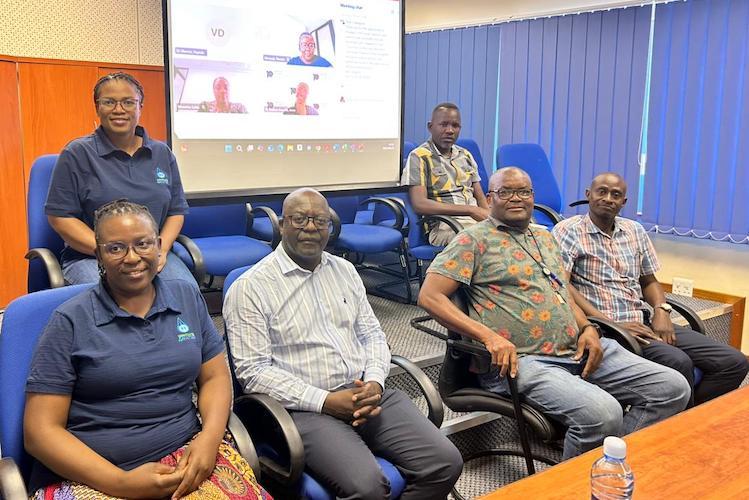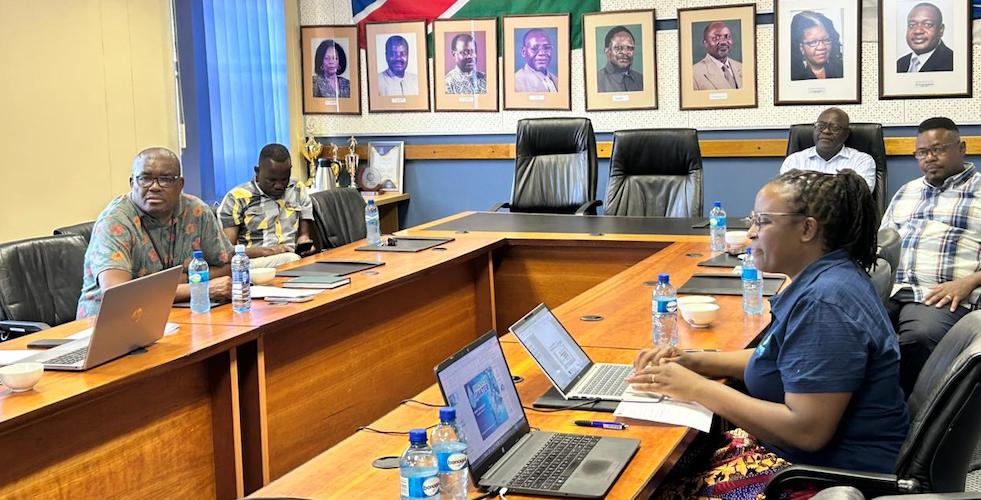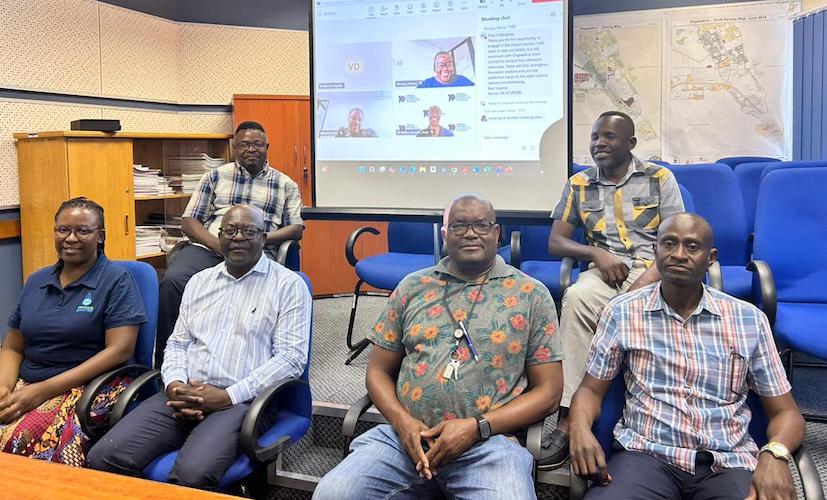Ongwediva Town Council and NUST Host Impact Session on Digital Innovations for Water Management

The Namibia University of Science and Technology (NUST), in collaboration with the Ongwediva Town Council, convened an Impact Session under the Innovate4Water Project to examine project outputs and impacts, and to explore opportunities for scaling them up.
The workshop marked the culmination of activities that included the installation of smart water meters and wastewater analysis to assess possibilities for reuse in strengthening urban water security. The session aimed to evaluate the impact of these interventions and to consider how such technologies and data-driven approaches could contribute to enhancing urban water security in the context of climate change. It emphasised the importance of co-creating solutions with project beneficiaries and demonstrated how integrating smart metering technology can generate data that informs better decision making.

Commenting on the project outcomes, Ongwediva Town Council CEO, Mr Damian Egumbo, noted: “With the data received from the installed water meters and water quality analysis, the Town Council is able to make better decisions to improve service delivery to our communities.”
The session was attended by staff from the Planning and Technical Services, Water and Sewerage Management, and Information Technology divisions. They highlighted that their ability to deliver depends on critical enablers such as sustainable financing, capacity building, reliable infrastructure, and regular maintenance. Discussions also underscored the importance of stakeholder collaboration in ensuring the sustainability of innovative solutions.
Professor Attlee Gamundani, who led the installation of the smart water meters, showcased additional applications that the municipality could adopt to improve its billing systems using the installed technology.
Further discussions emphasised the need to build resilience amid Ongwediva’s rapid urban growth and increasing water demand, stressing that water security requires proactive, locally tailored strategies, which is one of the project’s key strengths. Dr Anna Matros Goreses (AMG), Work Package Lead and Principal Investigator for the AUDA NEPAD African Network of Centres of Excellence on Water Sciences and Technology, Phase III (ACEWATER III), introduced forward looking opportunities through the Smart WEFE Innovation Model (SWIM). This model promotes a circular economy and a climate resilient approach.
The session also explored options such as integrating renewable energy into water treatment processes, reusing wastewater for urban agriculture to strengthen food security, and advancing continuous capacity building to ensure the effective uptake of installed technologies. These discussions laid a strong foundation for a smart, sustainable Ongwediva, equipped to address present challenges while preparing for future uncertainties.


